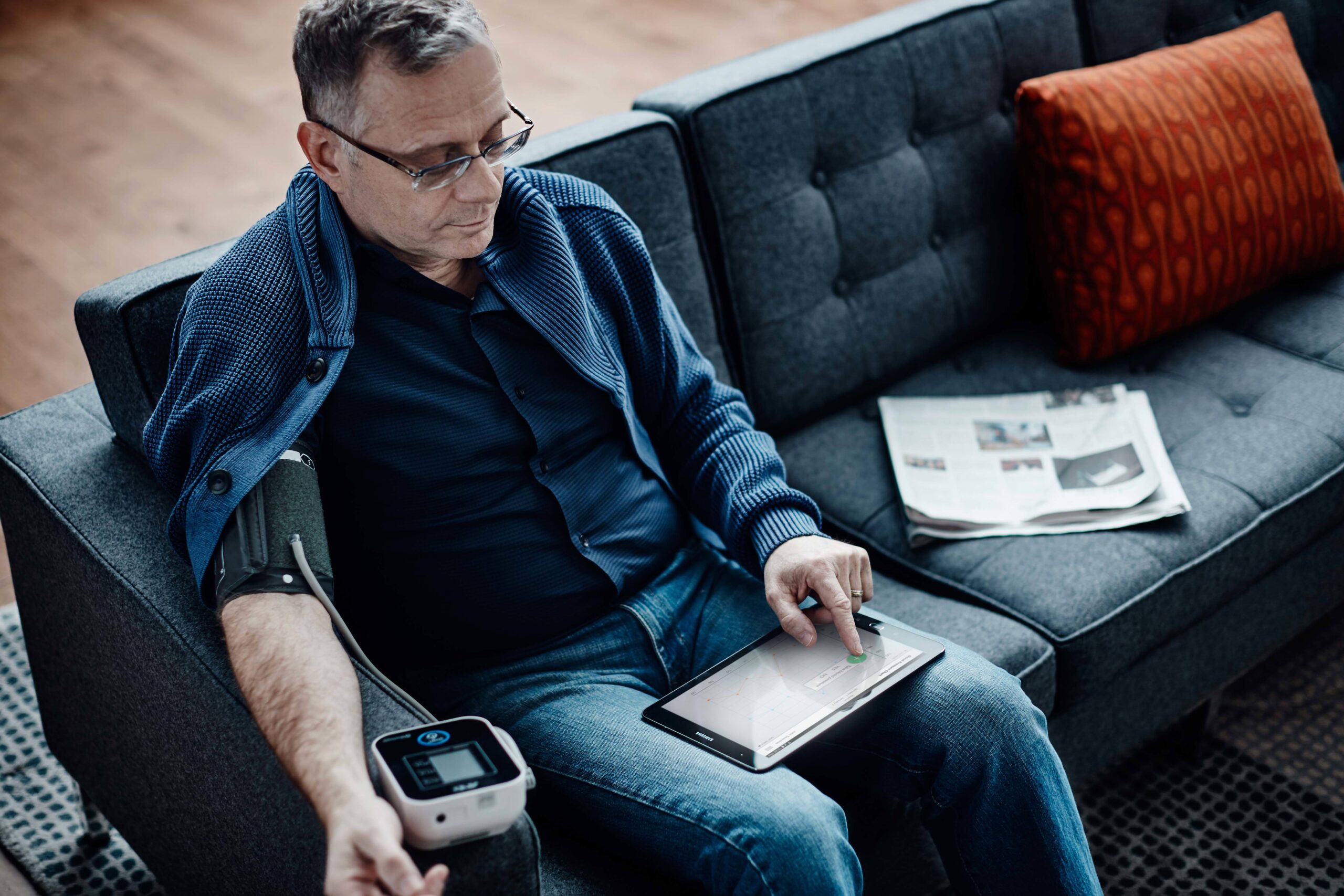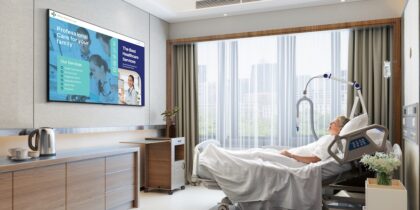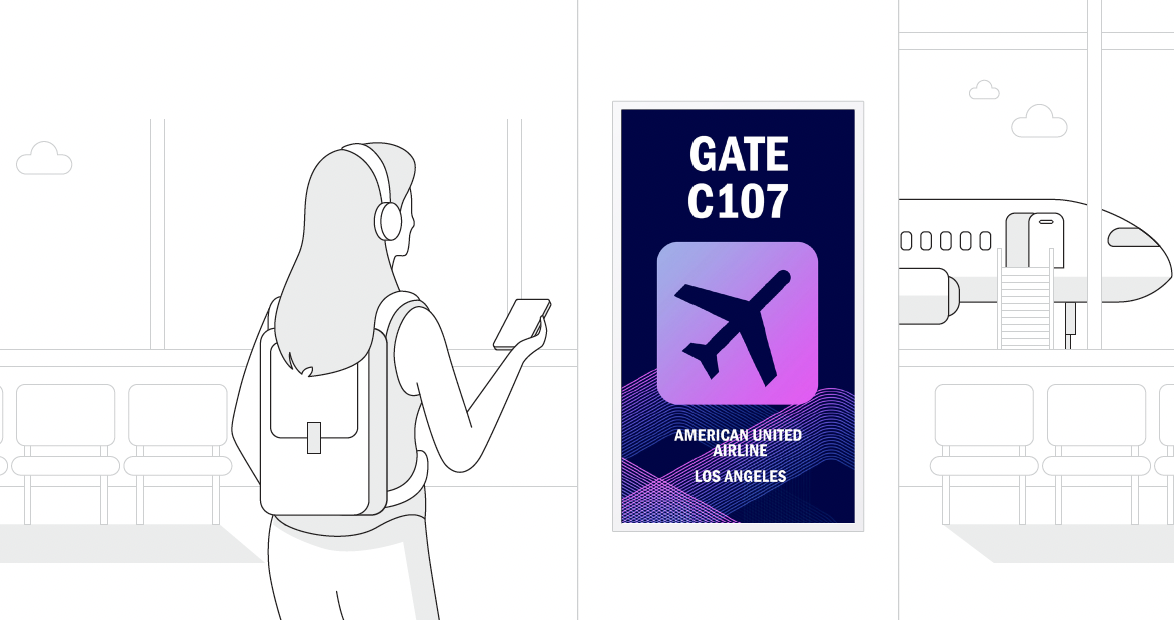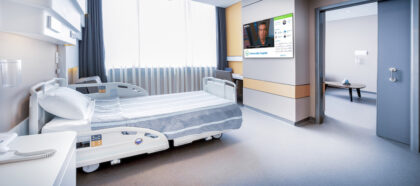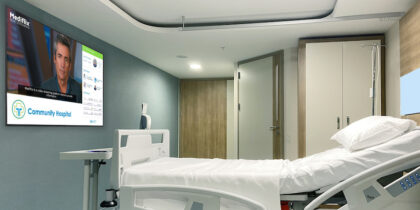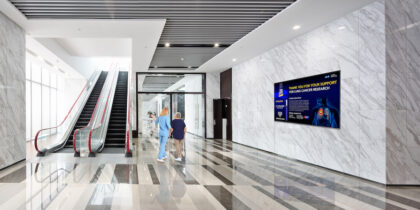Mobile devices have become a part of our everyday lives and are significant drivers of retail and finance. The healthcare sector has lagged behind, but mobile is fast becoming part of its landscape as well. One important example is Samsung’s Remote Maintenance System which monitors equipment warnings and alerts on a real-time basis.
One area of healthcare which could benefit greatly from mobile technologies is clinical trials, where new drugs and devices are used by patients on an investigational basis to provide information on their effectiveness and safety before they are placed on the market. Mobile health technology will lead to significant reductions in the cost of conducting clinical trials, as well as potentially leading to safer outcomes for patients involved in the trials. Below are five major points to consider when designing mobile health technology or software applications for use in clinical trials.
1. Patient recruitment. One of the most difficult things in medical trials is the recruitment of patients. Challenges to optimal patient recruitment may include minimizing recruitment bias (gender, geography, race and ethnicity) which can skew results and thus clinical impact; health literacy considerations in recruitment materials and consent forms; and the rarity of the disease. Online patient support groups are a new and growing source of patient recruiting. Patients and caregivers are there to seek information and have been shown to be more interested in clinical studies.
2. Data collection. Mobile devices like the Samsung Galaxy S6 smartphone can collect information the patient or caregiver enters regarding symptoms, medications and office visits. I look forward to biosensor data being seamlessly collected and transmitted by the Gear S smart watch routinely for clinical trials. This type of mobile tech has the advantage of delivering real-time, accurate data without being intrusive for the patient.
3. Caregiver connection. Most patients in clinical trials, whether they are of pediatric or adult age, will likely have someone with whom they share information. Mobile technology easily connects the patient, caregiver and the clinical coordinator to each other. Samsung’s Clinical Response Integration utilizing SecureSMS® PULSE™ messaging is ready-made for mobile clinical trials.
4. Patient safety. Sometimes clinical trials are halted prematurely because of data demonstrating a clear benefit or detriment from the studied drug, device or process. Having real-time data collected via mobile devices can expedite the analysis of results and thus potentially benefit patients from a safety standpoint. Results were formerly entered on paper and then faxed into the central trial site. More recently the data has been digital, but it is usually entered at the time of an office visit. Mobile tech allows for the automatic entry of sensor, lab or other data at the time it is obtained. Clinical coordinators can be alerted to adverse events experienced by patients as soon as they occur. A patient seeking medical help, potentially related to the trial drug or device, can be identified via geolocation technology in their phone.
5. Trial Coordination. Information obtained from the patient and clinical investigator needs to be shared with the primary care physician and other providers in order to facilitate coordinated care. Coordination is also necessary among the different study sites. Mobile technologies like tablets are necessary for coordinators, who are typically on the move around the hospital or office. The first clinical trial using web-based methods (for recruiting, consent and data collection) was performed in 2014. I look forward to the day when all studies are similarly performed, but using mobile technologies.
